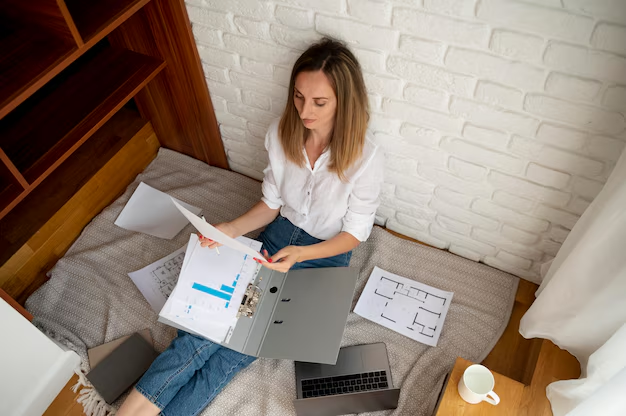Can You Really Buy an Apartment? Here's What You Need to Know
The dream of owning an apartment is appealing to many, offering both comfort and financial stability. But can you really buy an apartment? The answer is a resounding yes, though it involves navigating a maze of financial and logistical steps. Understanding these steps can help you make informed decisions and move closer to acquiring your dream home.
Understanding Apartment Ownership
When we talk about buying an apartment, we're usually referring to purchasing a unit in a condominium. Condominiums are buildings where individual units are owned outright, and common areas are shared among all tenants. Understanding the specific legal and financial obligations, including HOA fees and shared building costs, is crucial.
Financial Preparation is Key
Budgeting is the foundation of any property purchase. Determine how much you can afford by considering your income, existing debt, and savings. Mortgage pre-approval gives you a clear picture of what a lender will provide, setting realistic expectations for your apartment hunt. You'll also need to factor in the down payment, closing costs, property taxes, and ongoing maintenance fees.
Government Aid and Financial Assistance
For first-time buyers, several programs can ease the financial burden:
- FHA Loans: Backed by the Federal Housing Administration, these loans require lower down payments and are more lenient on credit scores.
- VA Loans: Available to veterans and active-duty service members, these loans often require no down payment.
- First-Time Homebuyer Credits: Various states offer tax credits and incentives to reduce the financial load on first-time buyers.
Navigating Real Estate Markets
Researching the real estate market in your desired area is essential. Understanding market trends helps you identify the right time to buy and allows you to negotiate better prices. Partnering with a knowledgeable real estate agent can provide insights and streamline the buying process.
Overcoming Financial Hurdles
If financial obstacles are your main concern, consider these solutions:
- Saving Strategies: Create a savings plan strictly dedicated to your down payment and related costs.
- Credit Card Solutions: Balance transfer cards can help manage existing debts with lower interest rates, freeing more of your budget for savings.
- Educational Grants: If you are a student or considering further education, some grants might offer housing allowances.
Closing the Deal
Once you've found the right apartment, the next steps involve making an offer, negotiating terms, and preparing for closing. Ensure all paperwork is in order, and consider hiring a real estate attorney to review contracts. Thorough inspections are non-negotiable to prevent unforeseen maintenance costs later.
Long-Term Considerations
After acquiring your apartment, remember to budget for ongoing expenses such as HOA fees, insurance, utilities, and maintenance. Consider setting up an emergency fund for unexpected repairs or financial downturns.
Buying an apartment is undoubtedly a significant financial commitment, but with proper planning and consideration of available resources, it's an attainable goal. From government aid to strategic financial solutions, various options can ease the journey toward apartment ownership.
Financial and Educational Resources
- 🏡 FHA Loans: Lower down payment options and flexible credit requirements.
- 🎖️ VA Loans: No down payment options for veterans and active military.
- 🌟 First-Time Homebuyer Credits: Tax incentives for new property buyers.
- 💳 Balance Transfer Credit Cards: Manage debts with low interest options.
- 🎓 Educational Grants: Housing allowances for eligible students.
- 💰 Emergency Fund Savings: Prepare for unexpected financial needs.

